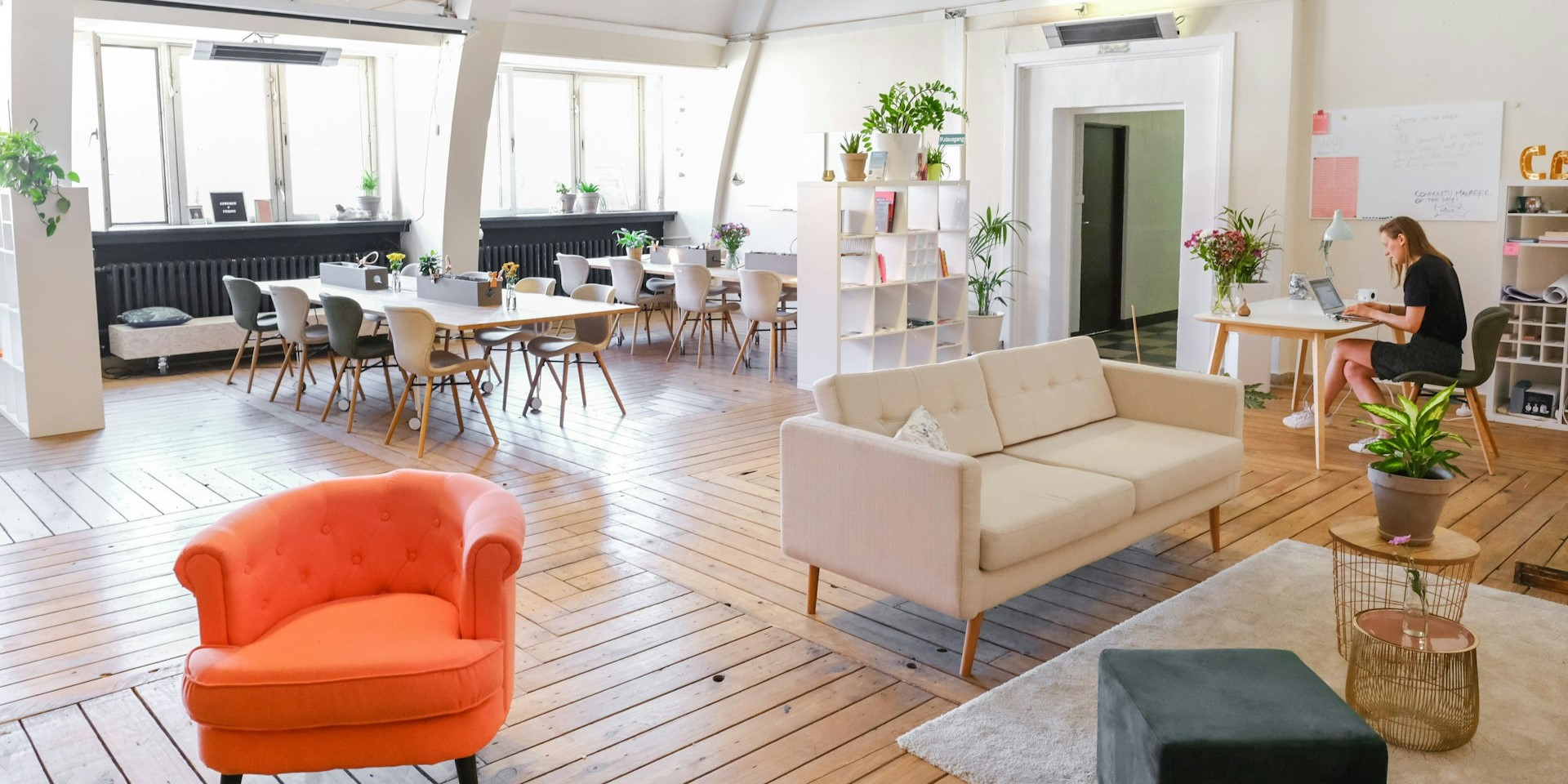Virginia, a state where echoes of the past intertwine with a forward-thinking spirit, is constantly on the lookout for ways to break new ground and remain at the forefront of innovation. One such cutting-edge frontier? Virtual Reality (VR).
VR technology, once confined to the realm of science fiction, is rapidly making inroads into various industries. It offers a truly immersive experience and holds the potential to revolutionize the way businesses operate. But is the Commonwealth ready to wholeheartedly embrace VR and unlock its full potential? To answer that question, we need to delve into the exciting possibilities that VR presents, while also acknowledging the challenges that lie ahead.
On the one hand, VR isn’t just about flashy headsets and exhilarating virtual roller coaster rides. For businesses, it’s a powerful tool with a vast array of applications. Imagine a thriving architecture firm based in Virginia using VR to allow clients to virtually walk through meticulously crafted 3D models of their future buildings. This immersive experience fosters clear communication and seamless collaboration, leading to more satisfied clients and streamlined projects from conception to completion. The benefits extend far beyond the construction industry.
VR can be a game-changer for employee training. Imagine technicians undergoing training in a safe, virtual environment where they can practice complex procedures on simulated equipment without any risk of injury or damage to real machinery. This not only reduces training costs but also ensures a more skilled and confident workforce prepared to tackle real-world challenges.
Additionally, VR can be a boon for product development, allowing Virginia-based businesses to test prototypes virtually and gather valuable user feedback before investing in mass production. Think of a furniture company using VR to allow customers to virtually “place” furniture in their homes before making a purchase, boosting customer confidence and potentially reducing returns.
VR Takes Center Stage: Exploring the Benefits for Virginia Businesses
VR isn’t just about flashy headsets and simulated roller coasters. For businesses, it’s a powerful tool with a wide range of applications. “VR in the Workplace: How Virtual Reality is Transforming Business” by Forbes highlights the potential of VR in various sectors. Imagine a Virginia-based architecture firm using VR to allow clients to virtually walk through 3D models of their future buildings, identifying potential flaws and refining designs before breaking ground. This immersive experience fosters better communication and collaboration, leading to more satisfied clients and streamlined projects.
The benefits extend far beyond the construction industry. VR can be a game-changer for employee training. Imagine training technicians in a safe, virtual environment where they can practice complex procedures on simulated equipment without risk of injury or damage. This not only reduces training costs but also ensures a more skilled and confident workforce. Additionally, VR can be used for product development, allowing businesses to test prototypes virtually and gather valuable user feedback before investing in mass production. Think of a Virginia-based furniture company using VR to allow customers to virtually “place” furniture in their homes before making a purchase, boosting confidence and reducing returns.
The Road to VR Adoption: Challenges and Considerations
While the potential benefits of VR are undeniable, there are challenges to consider before Virginia businesses go all-in. Cost is a major factor. High-quality VR headsets and the development of VR experiences can be expensive, especially for smaller businesses. Additionally, integrating VR technology seamlessly into existing workflows requires careful planning and technical expertise.
Another hurdle is accessibility. VR technology is still evolving, and not everyone has access to VR headsets. This could create a barrier for some businesses who may be hesitant to invest in a technology that not all employees or potential customers can readily utilize.
Finally, there’s the question of user experience. Poorly designed VR experiences can be uncomfortable or even cause nausea. Businesses need to invest in developing high-quality VR content that is engaging and user-friendly to ensure a positive experience for all.
The Future of VR in Virginia: A Collaborative Journey
So, is Virginia ready for VR? The answer isn’t a simple yes or no. The future of VR adoption likely lies in a collaborative approach. Businesses need to carefully evaluate their needs, weigh the costs and benefits, and invest in high-quality VR experiences that can truly improve their operations.
The state of Virginia can play a crucial role in fostering VR adoption by providing resources, grants, and training programs designed to equip businesses with the knowledge and skills needed to integrate VR technology effectively. “The Innovation Economy: The Past, Present, and Future of Technological Change” by Brookings highlights the importance of fostering an innovation ecosystem that supports the development and adoption of new technologies. By creating a supportive environment, Virginia can encourage businesses to experiment with VR and unlock its potential to drive economic growth and innovation.









